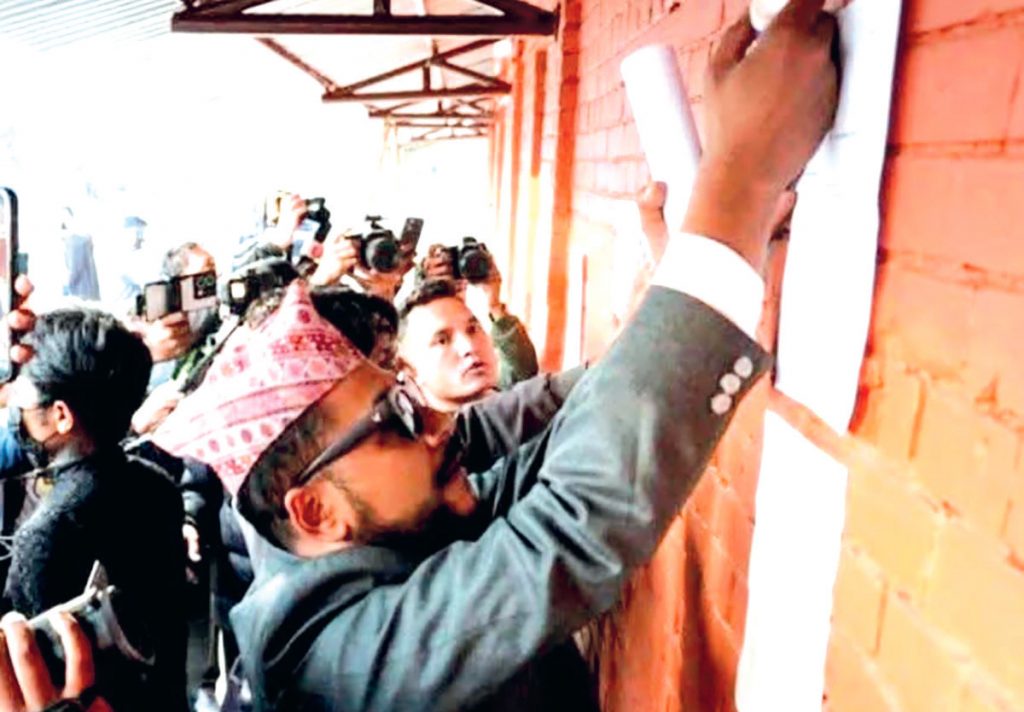
Kathmandu, November 25: The 21 Gen-Z groups have given a seven-day ultimatum, saying that the Sushila Karki–led interim government—formed through the strength of the Genji Movement—has failed to work in line with the spirit of that movement.
After it came to light that Home Minister Om Prakash Aryal had pushed for amendments to the Armed Police Force’s organizational structure and staffing positions in order to appoint his uncle as DIG, and that Prime Minister Sushila Karki had agreed to this controversial appointment, Genji leaders issued the ultimatum.
They drew the government’s attention—and warned it—by raising concerns not only about the Prime Minister and Home Minister but also about the activities of ministers heading various ministries, as well as the doubts emerging among the public.
The Gen-Z representatives who took part in the movement collectively expressed concern that the actions of the Prime Minister and ministers—appointed by the President with the mandate to hold elections within six months—have strayed from the spirit of the Gen-Z movement and from the mandate given at the time of their appointment.
The Gen-Z groups accused the current government of adopting the same tendencies as past governments: appointing relatives and close associates, and engaging in corruption in transfers, promotions, and policy decisions. They said they were compelled to issue a seven-day ultimatum after the government failed to begin even the minimal steps needed to ensure good governance, such as freezing the assets of former ministers and political party leaders and initiating investigations.
Gen-Z representatives who went to meet Prime Minister Sushila Karki to submit a letter of memorandum were unable to meet her, and were forced to paste their memorandum on the Singhadurwar gate before leaving. Representatives of the Gen-Z movement said they issued the warning because the government—formed specifically to act according to the movement’s spirit—was continuing the corrupt practices of the parties that were part of the previous government.
Unable to enter the building to submit their own demands to the government they helped form, Gen-Z activists pasted their demand letter at the southern gate of Singhadurwar before returning. Gen-Z leaders including Mirage Dhungana and Ravikiran Hamal had reached Singhadurbar with the memorandum.
People’s News Monitoring Service.





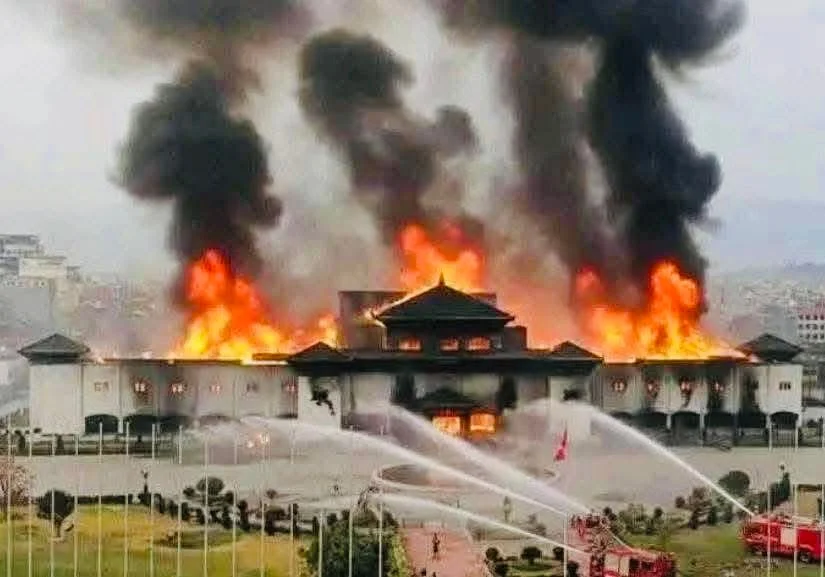
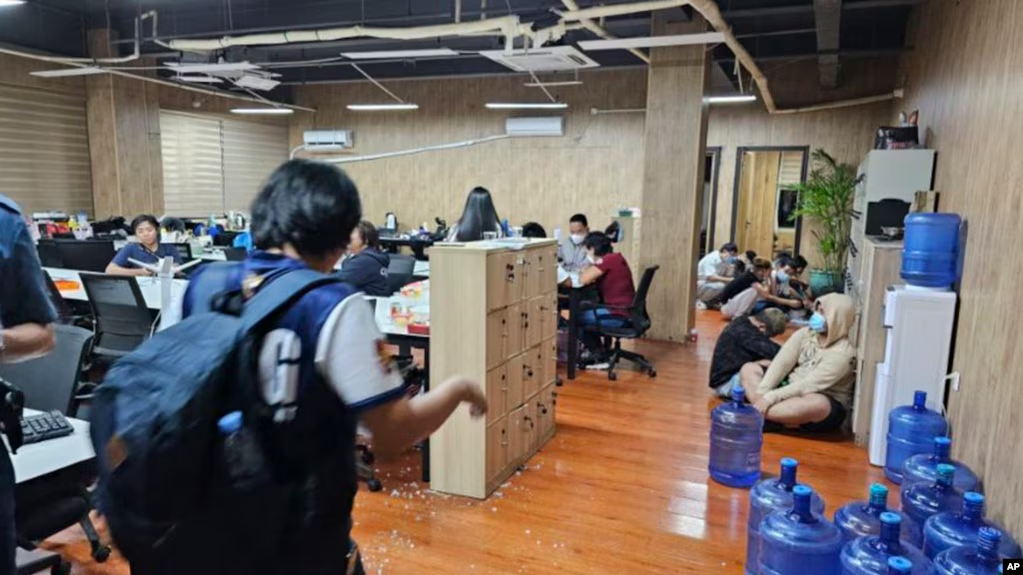

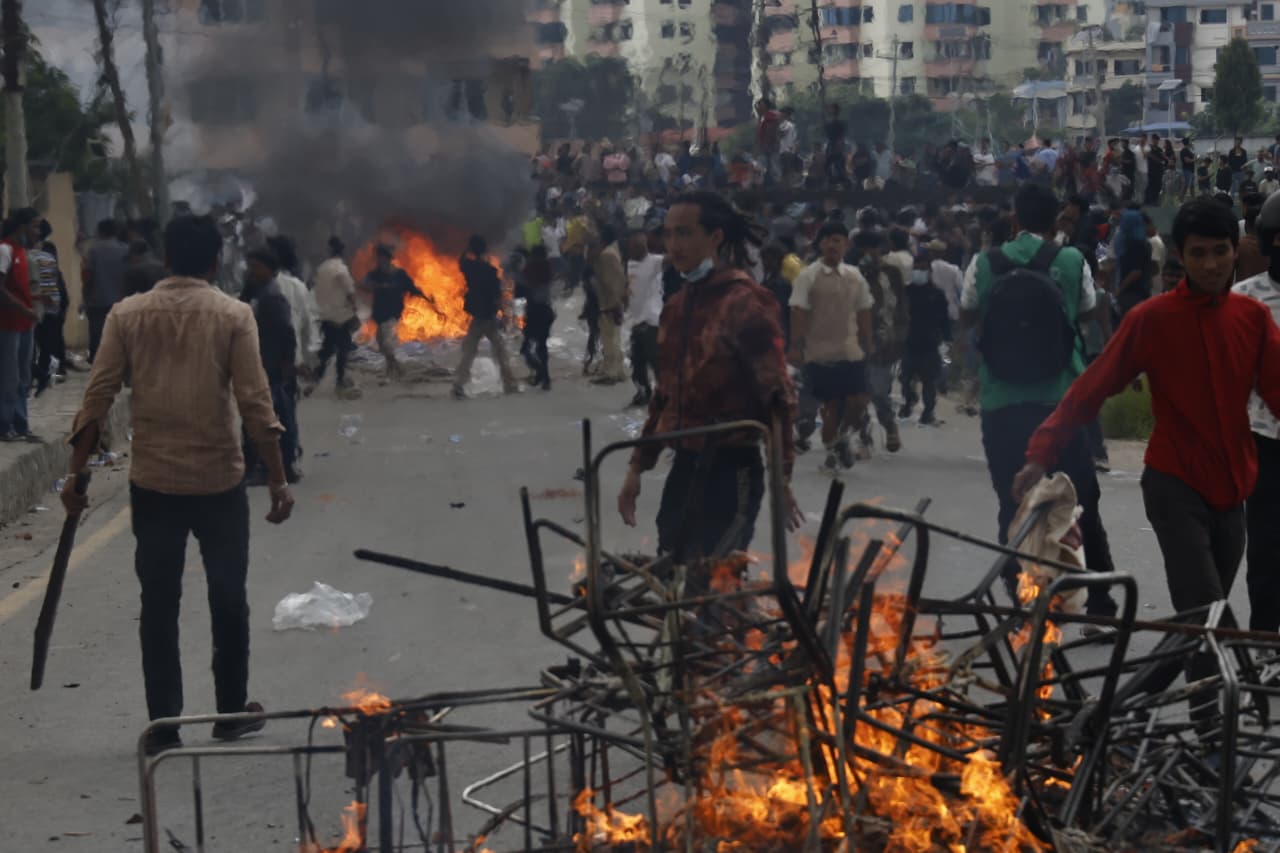

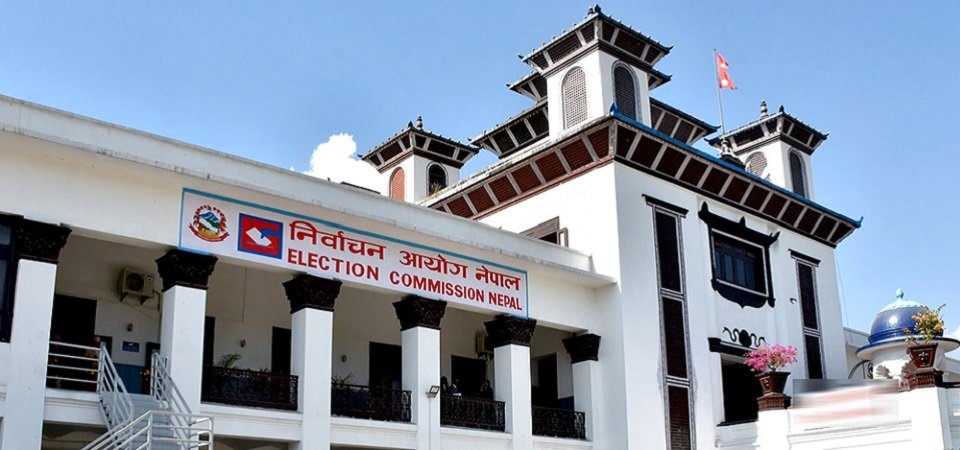
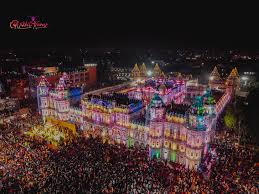
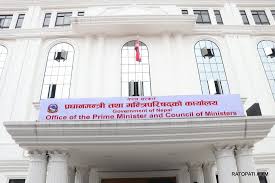
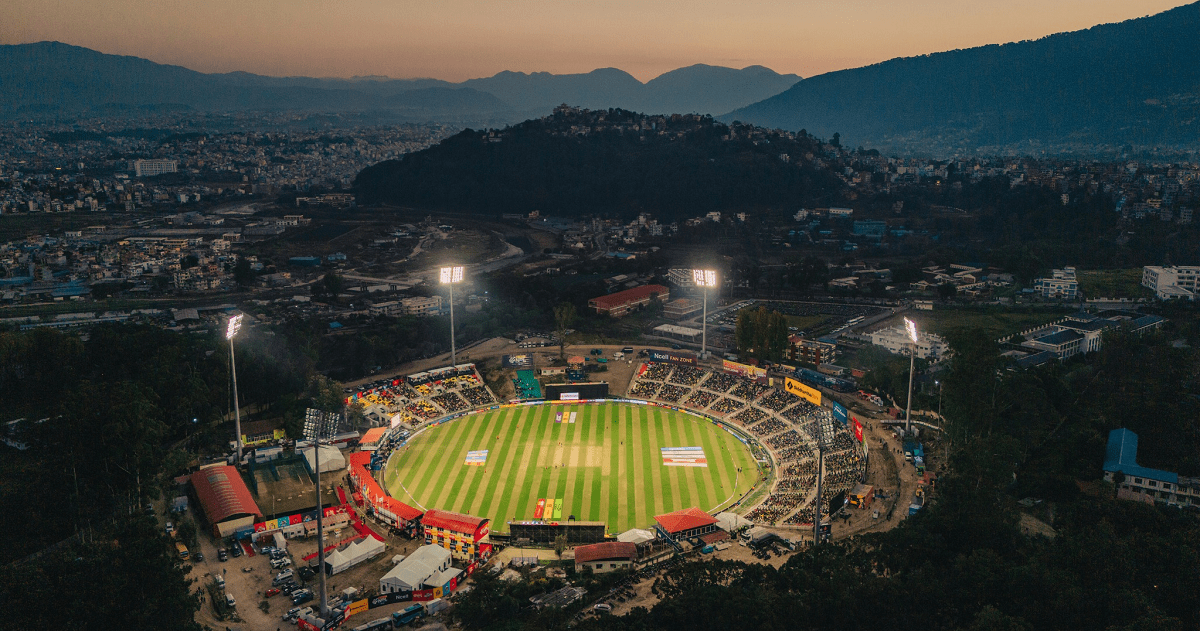

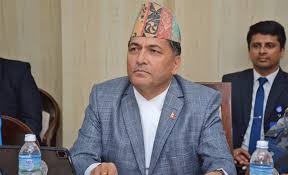
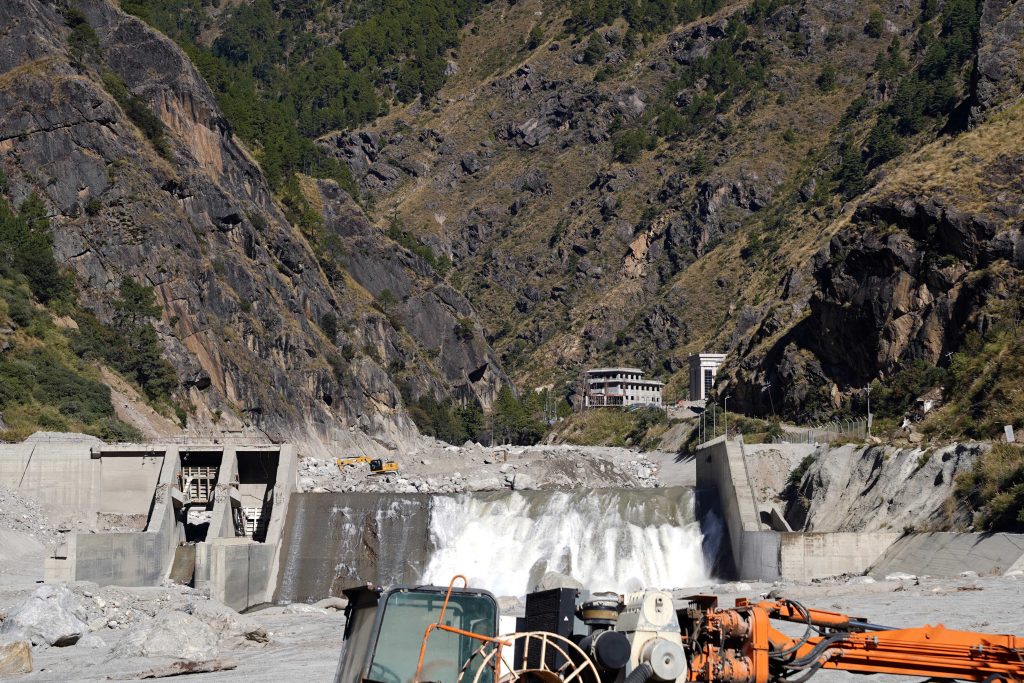

Comments:
Leave a Reply